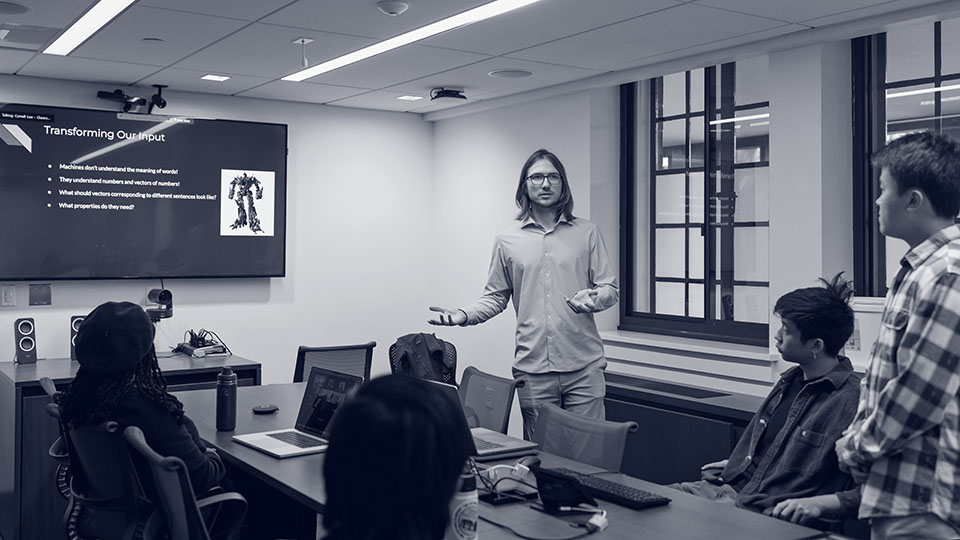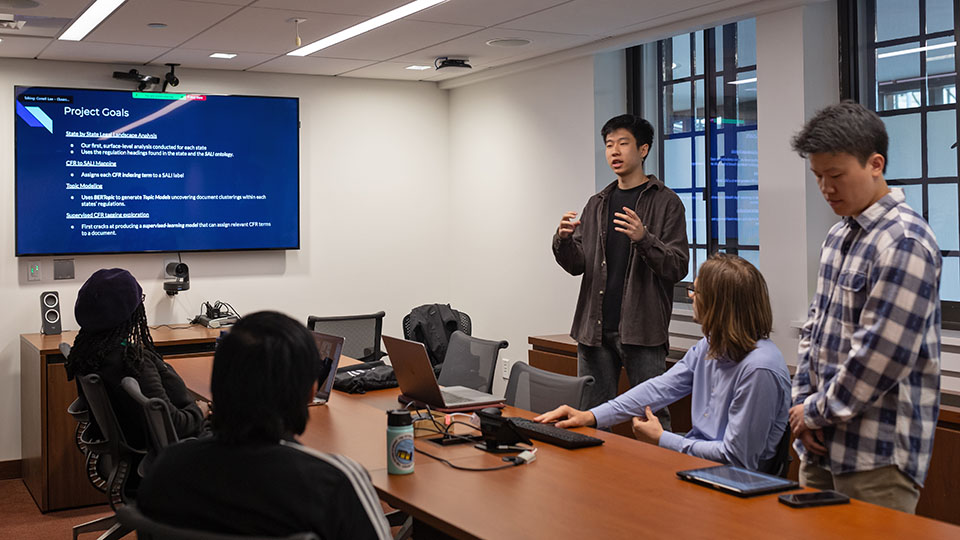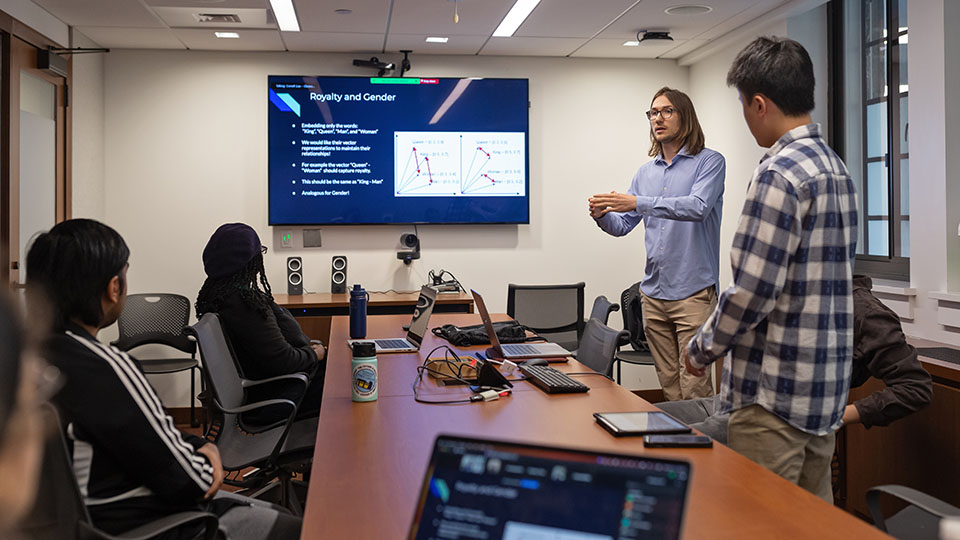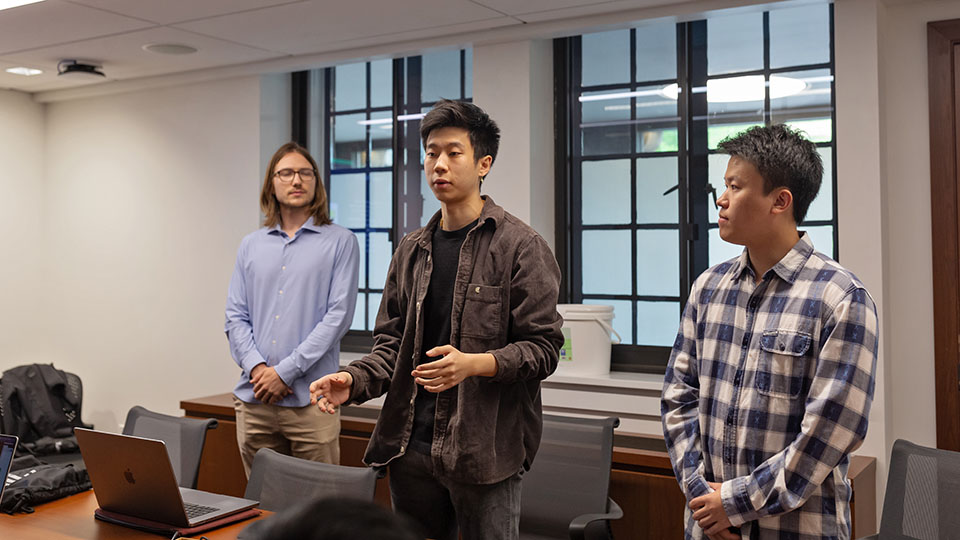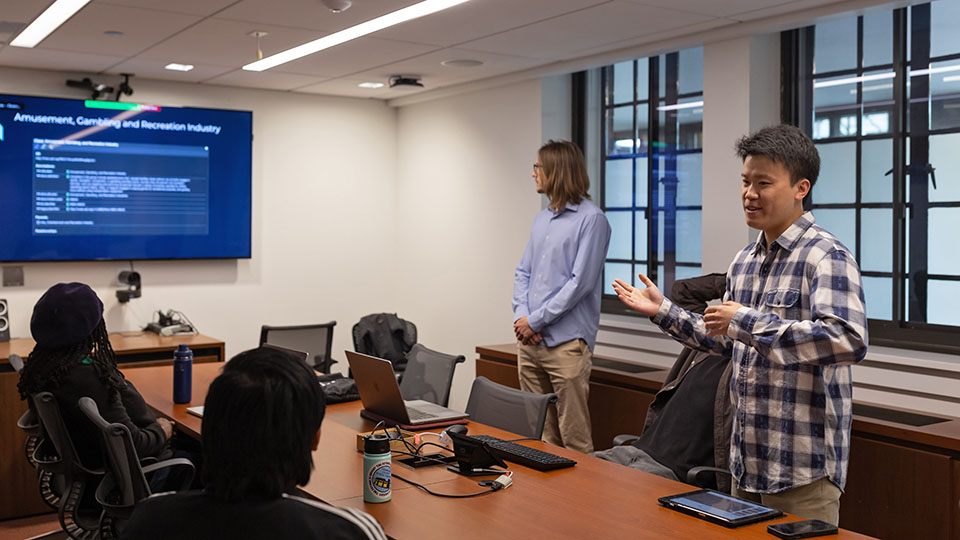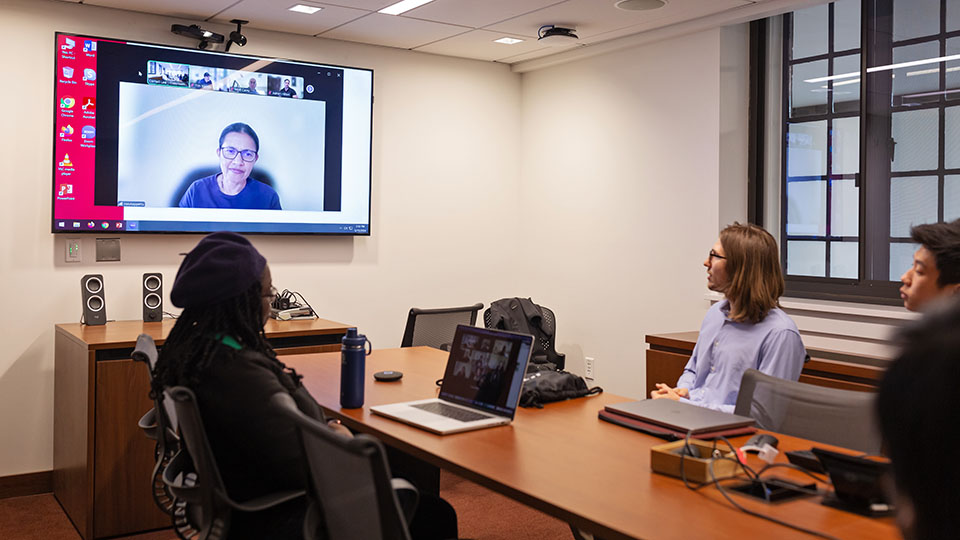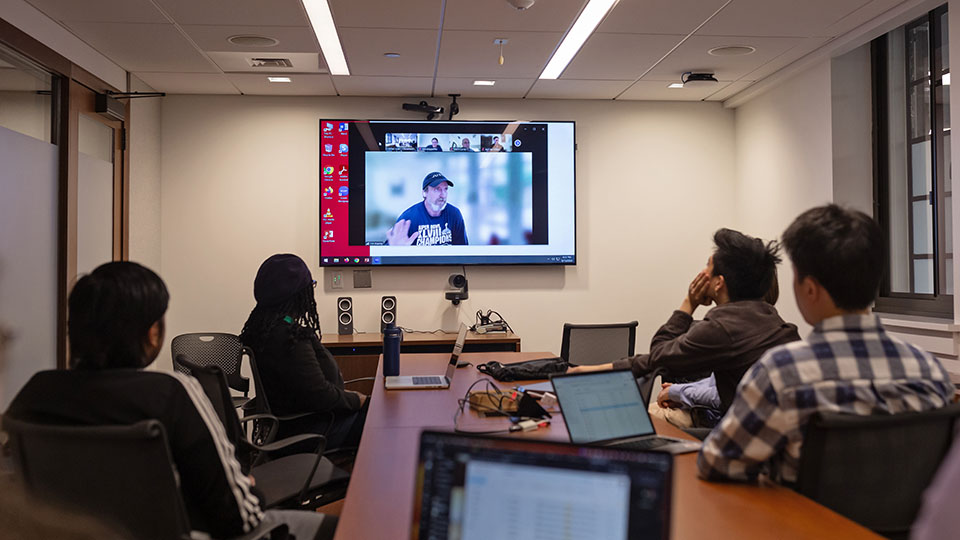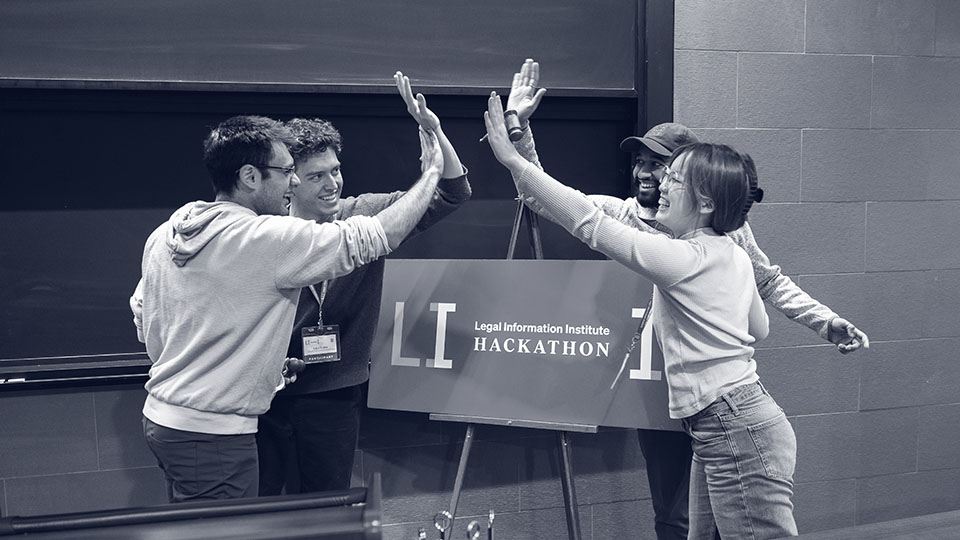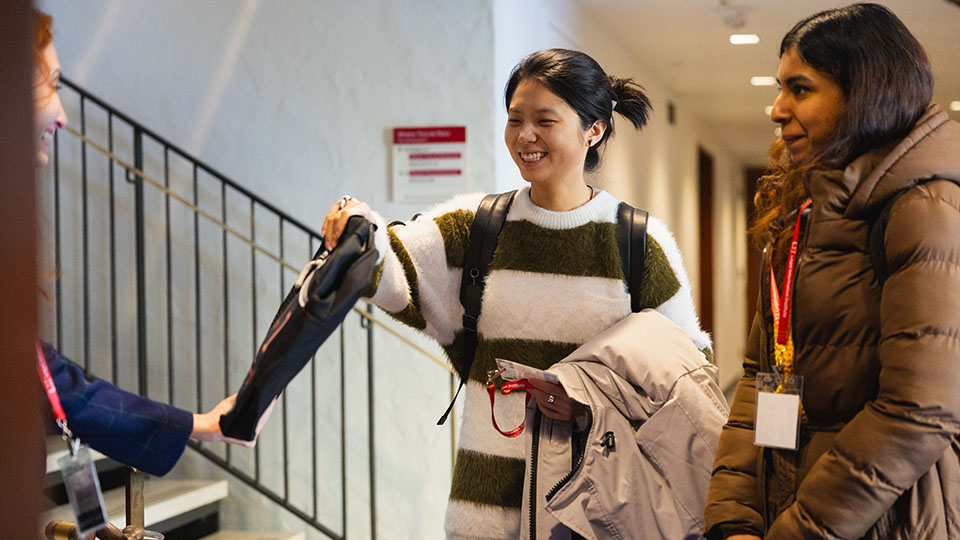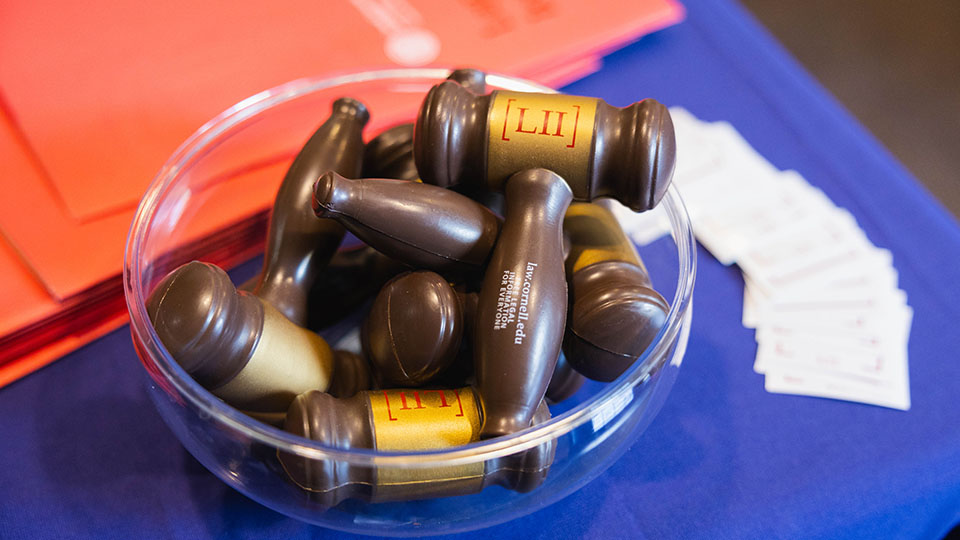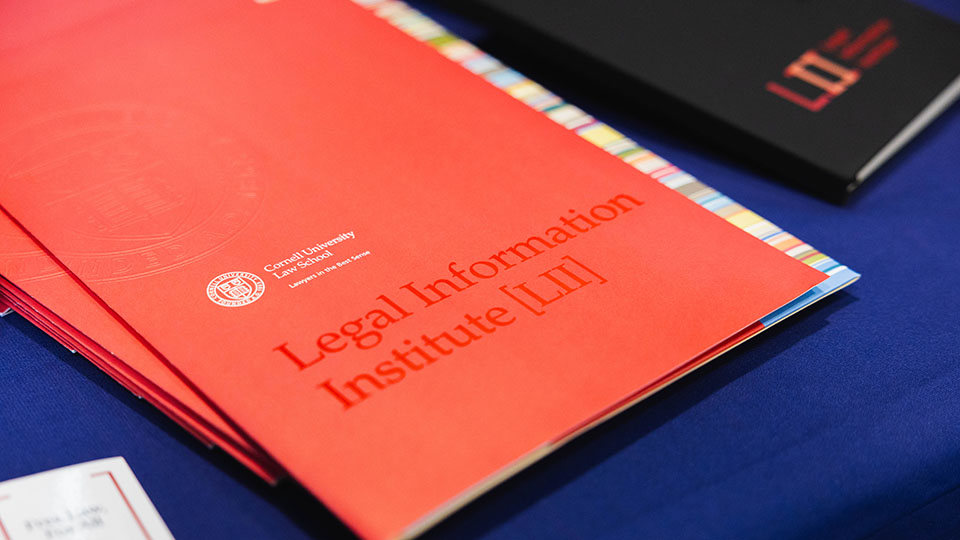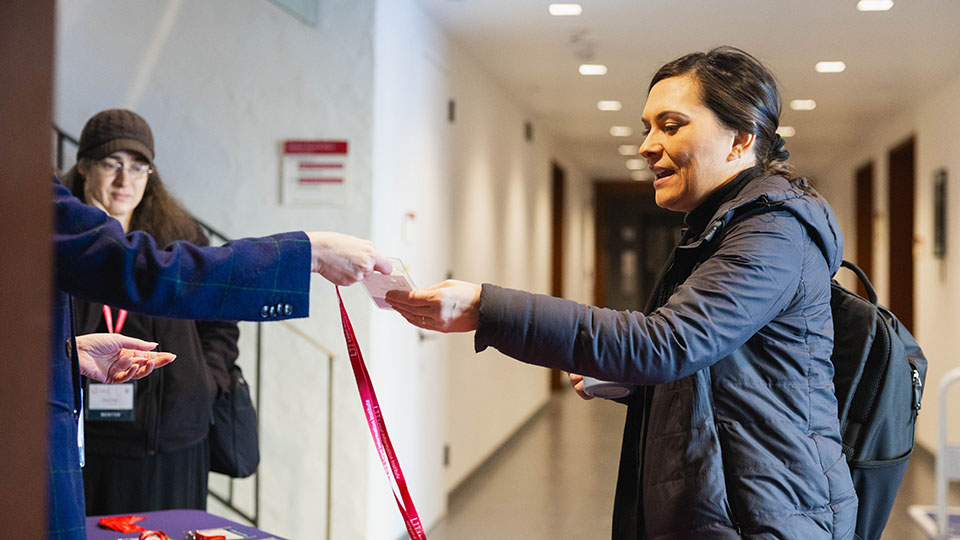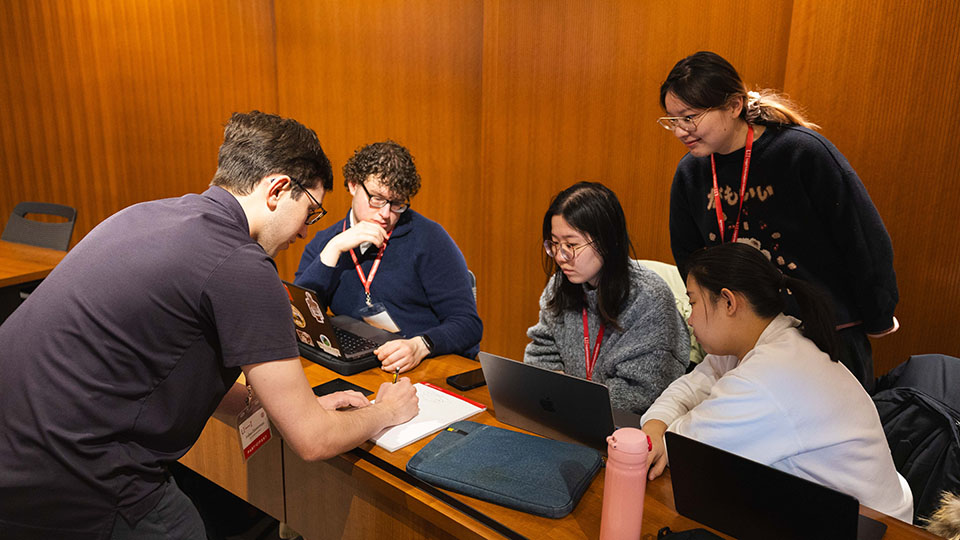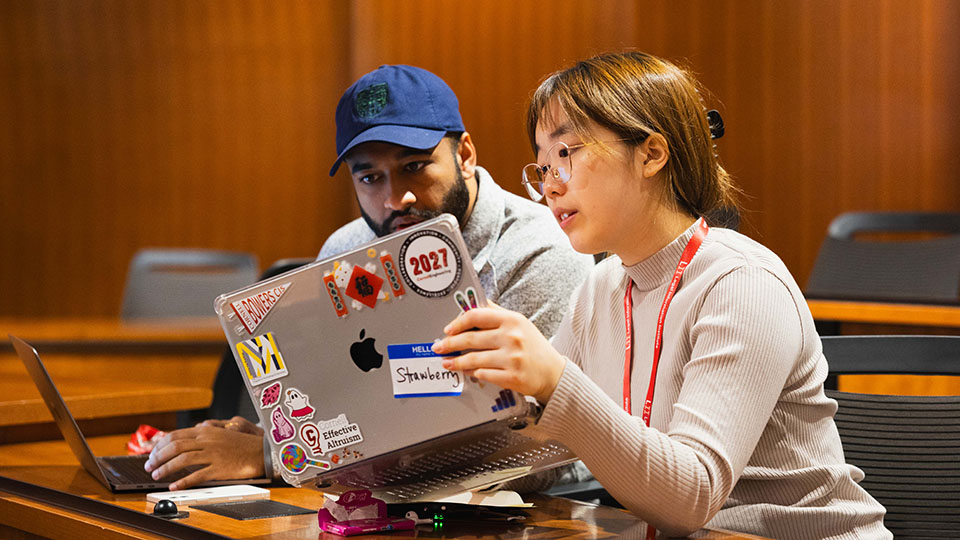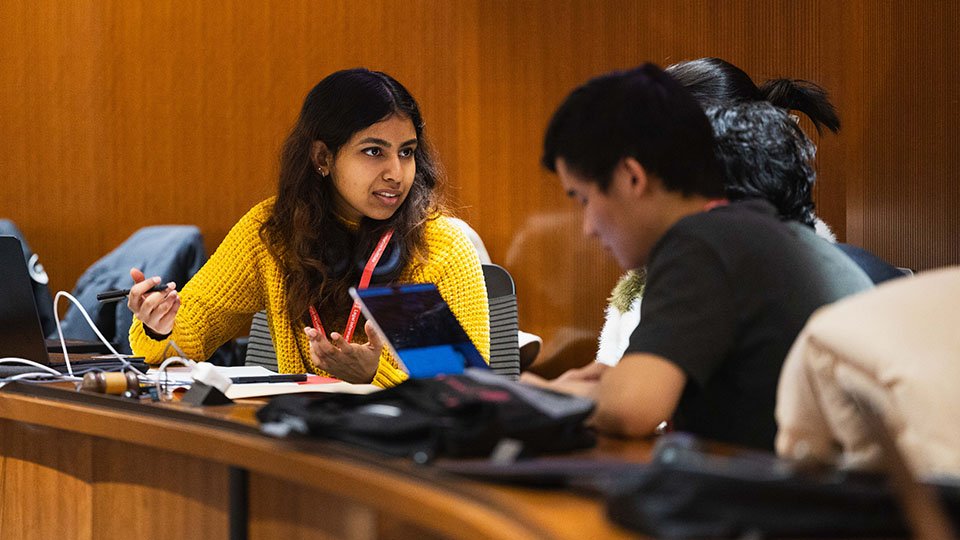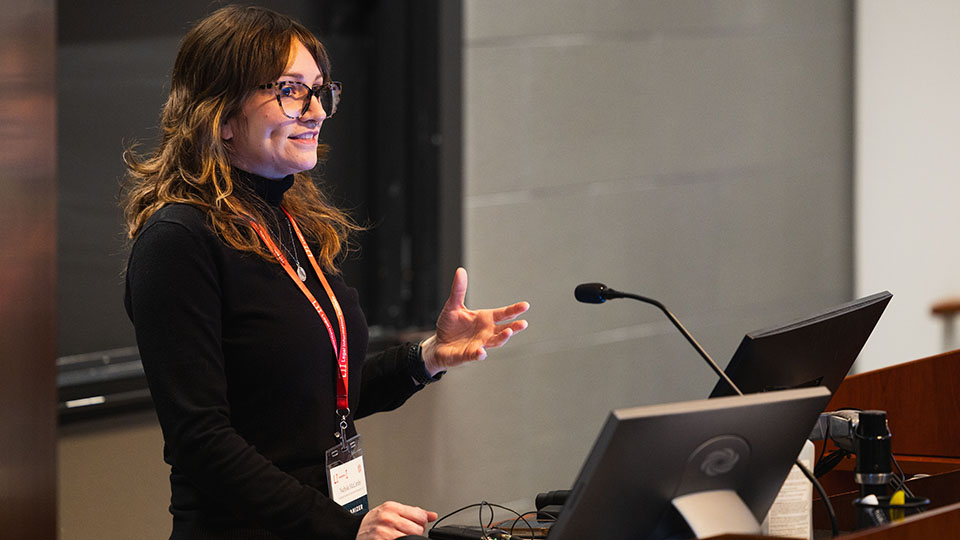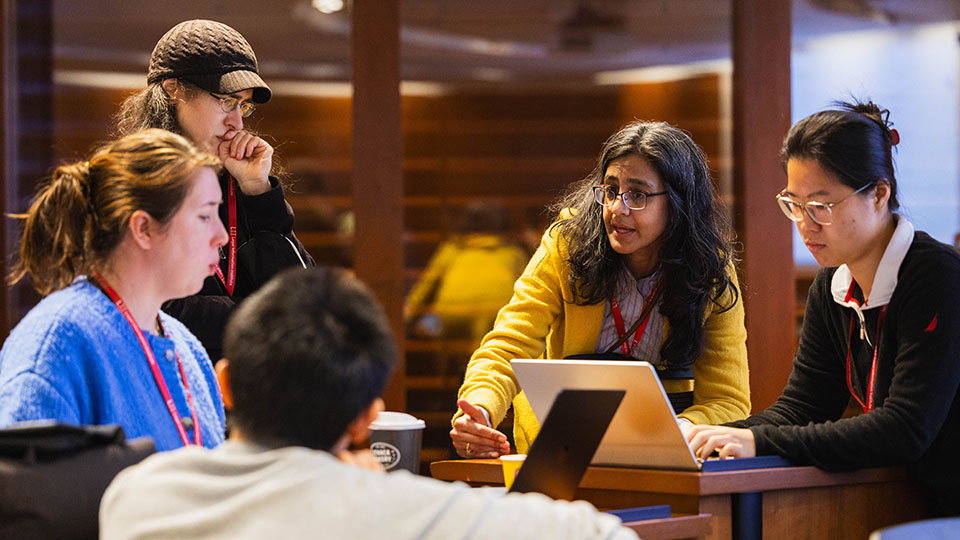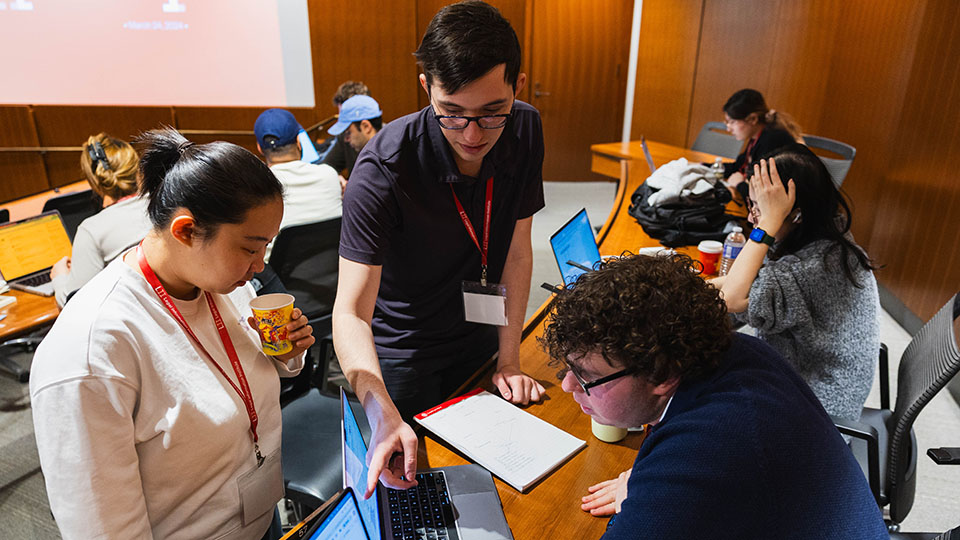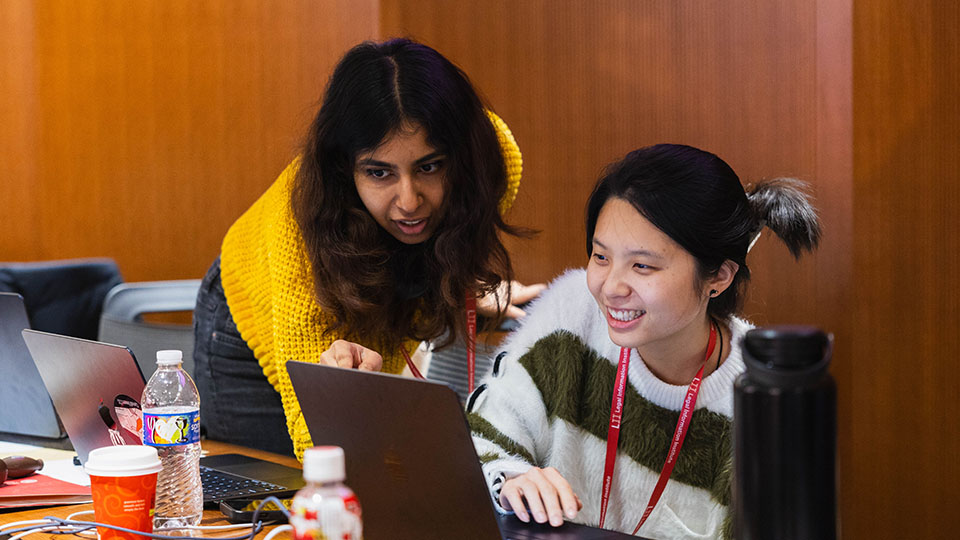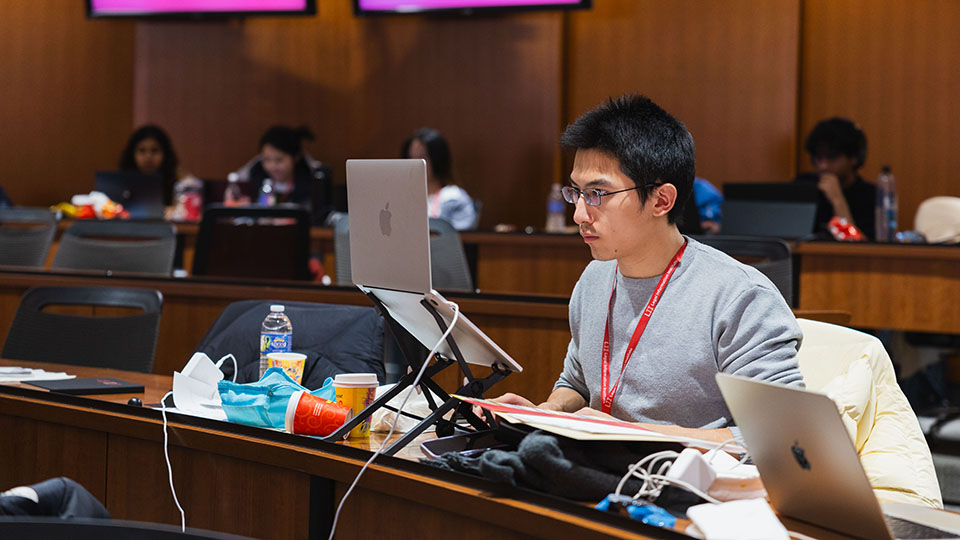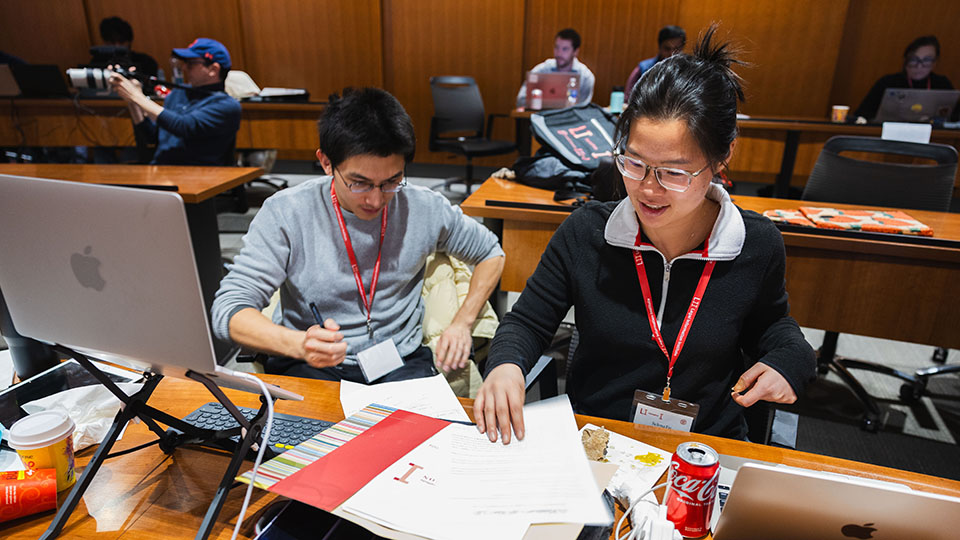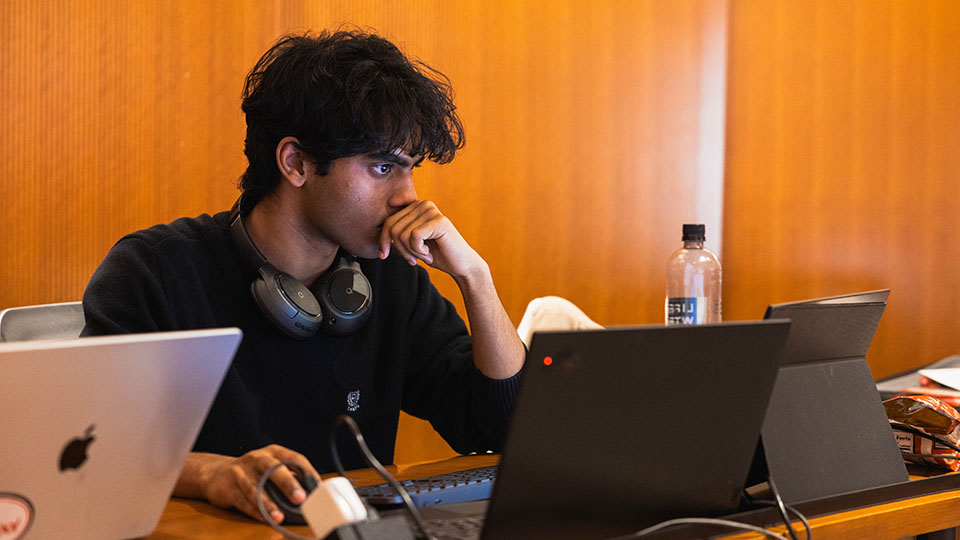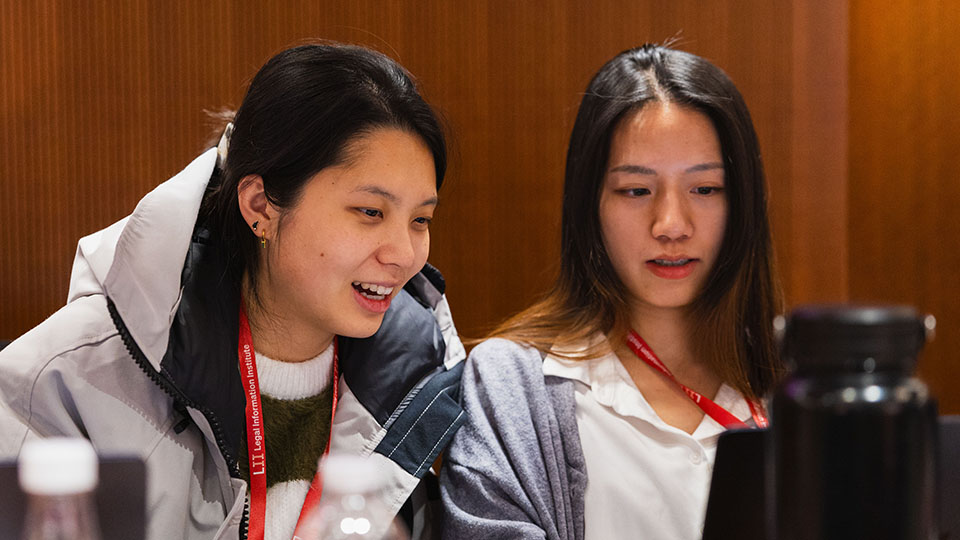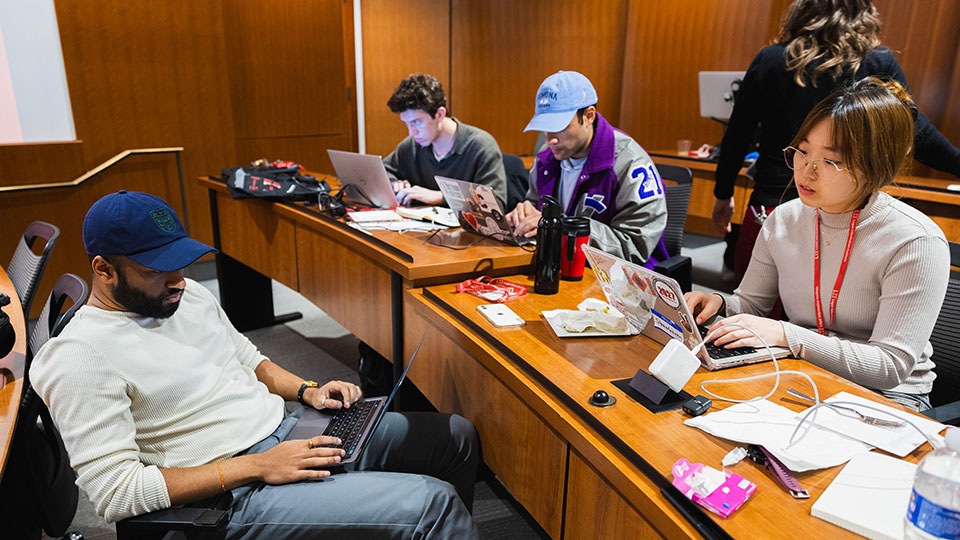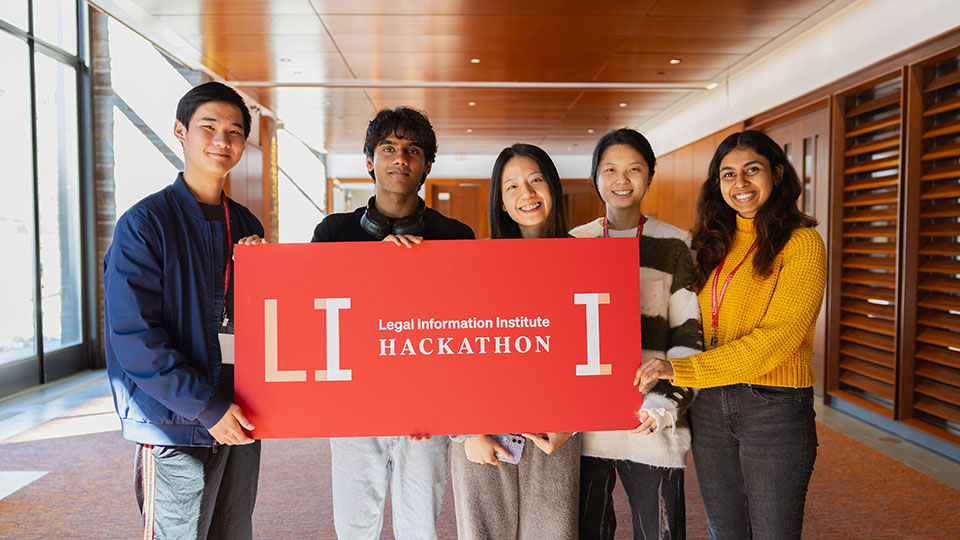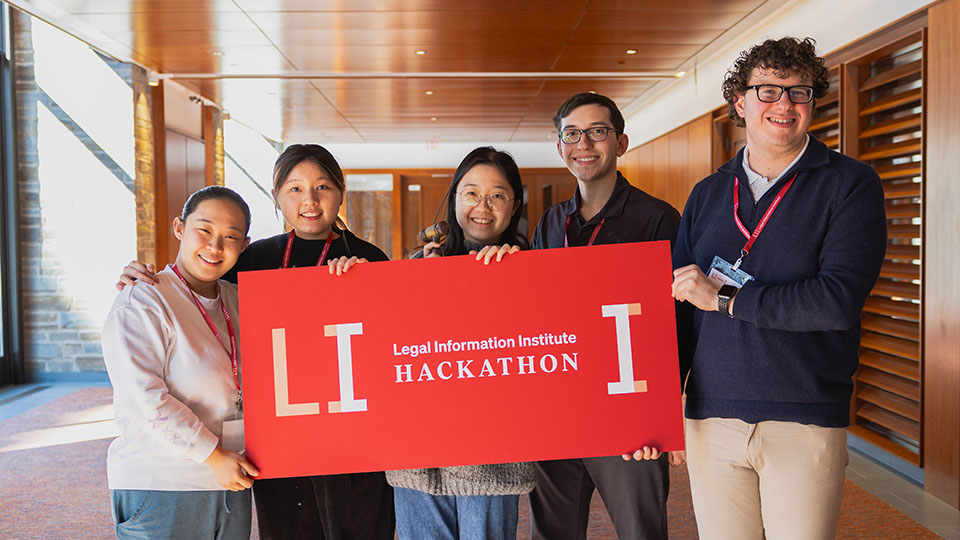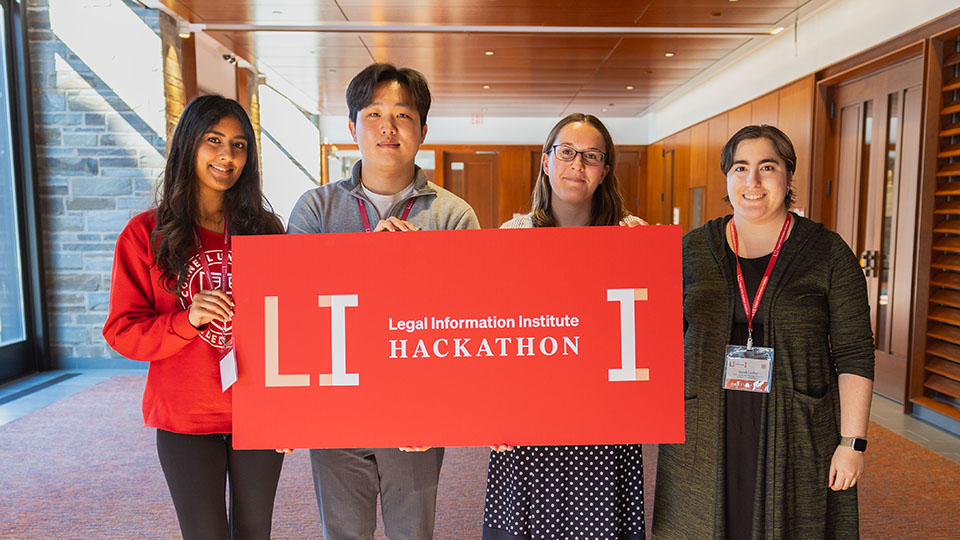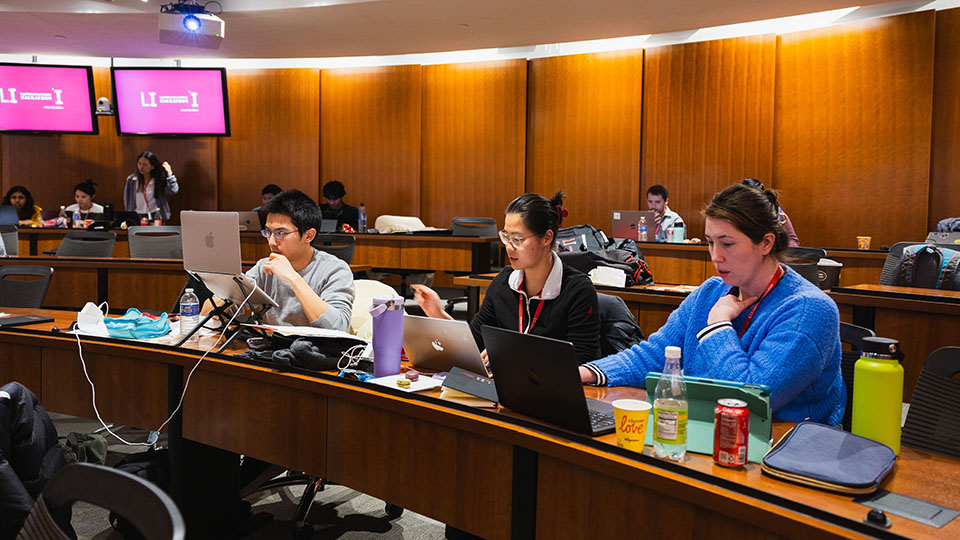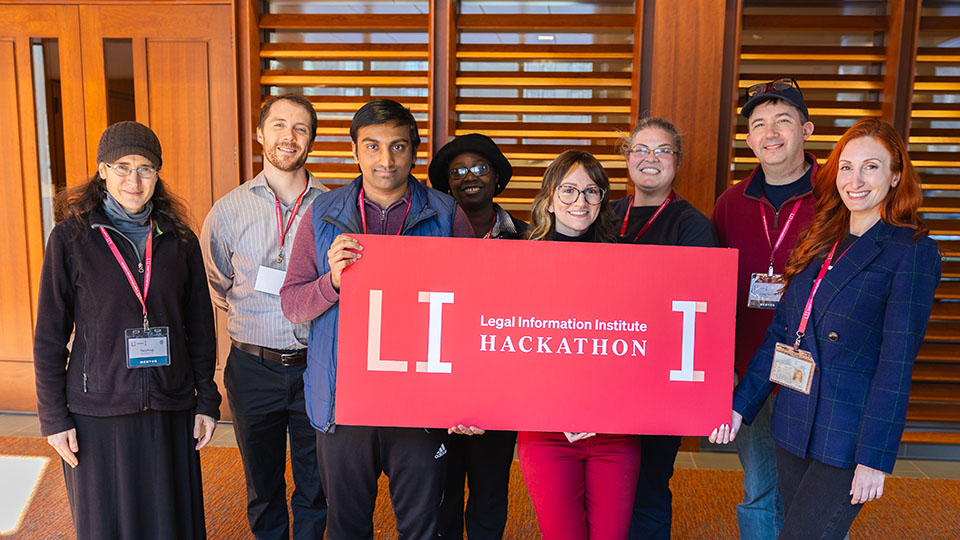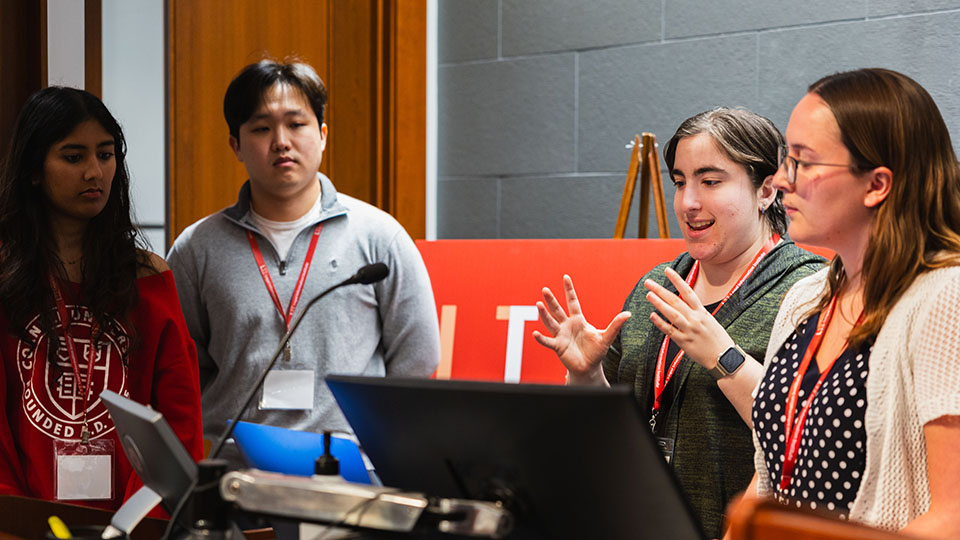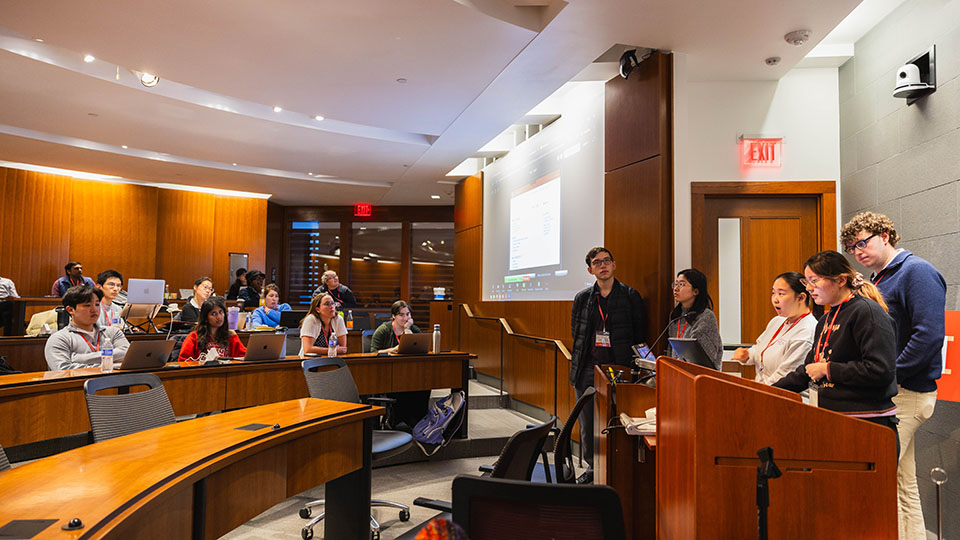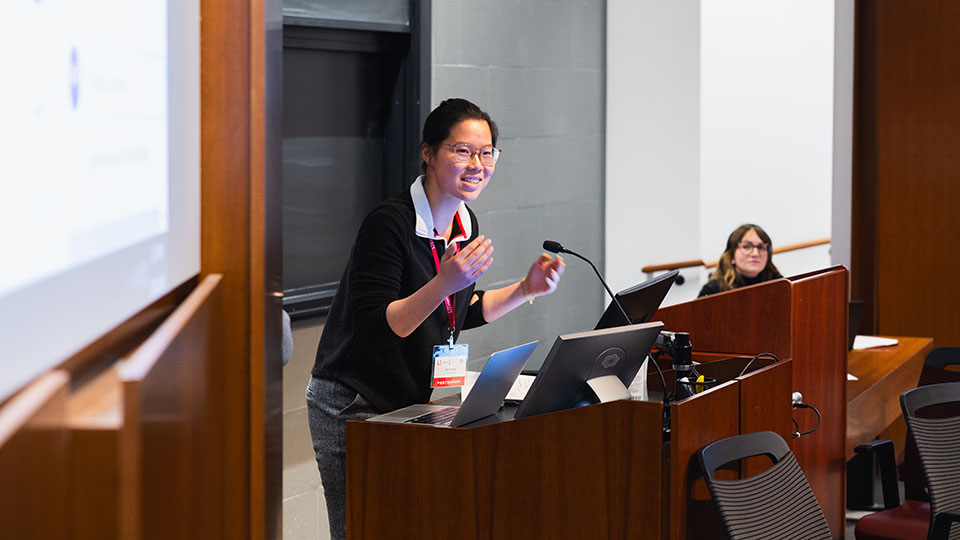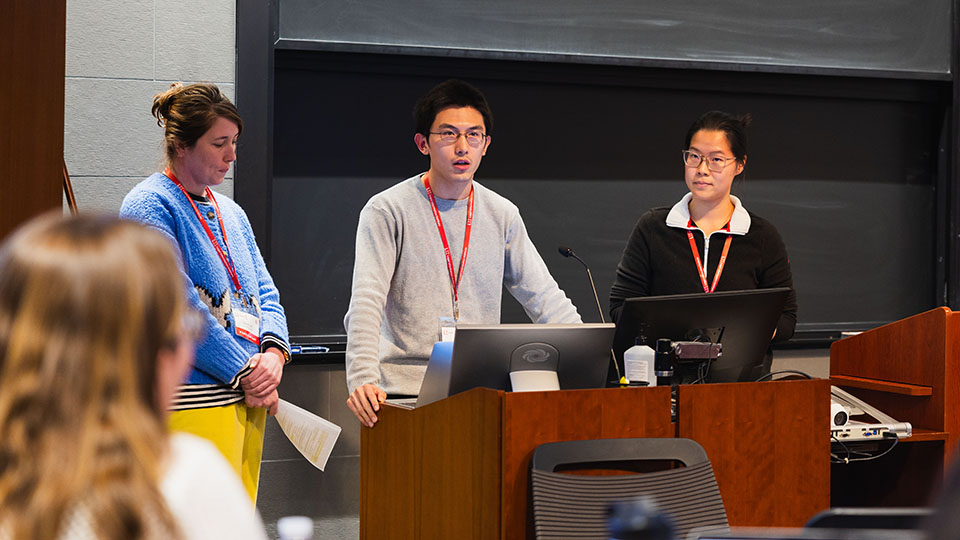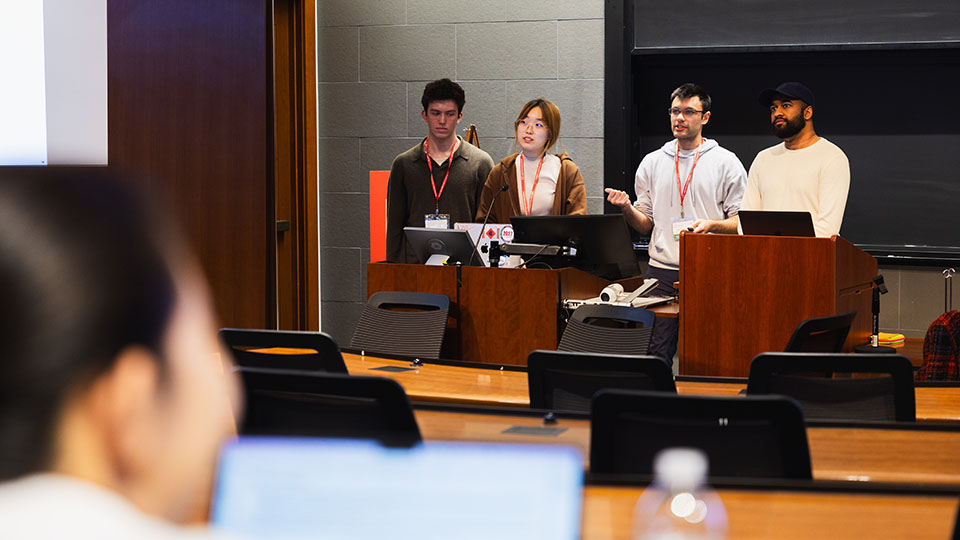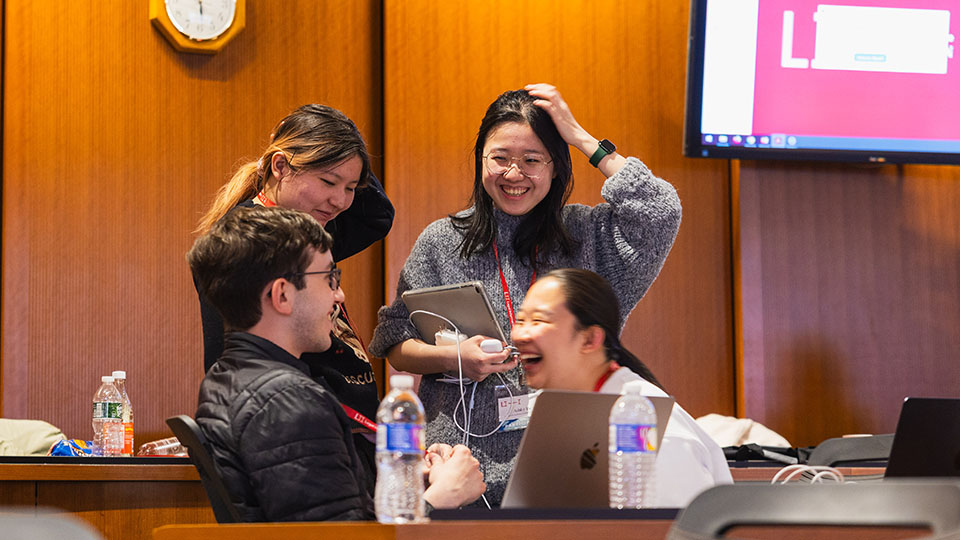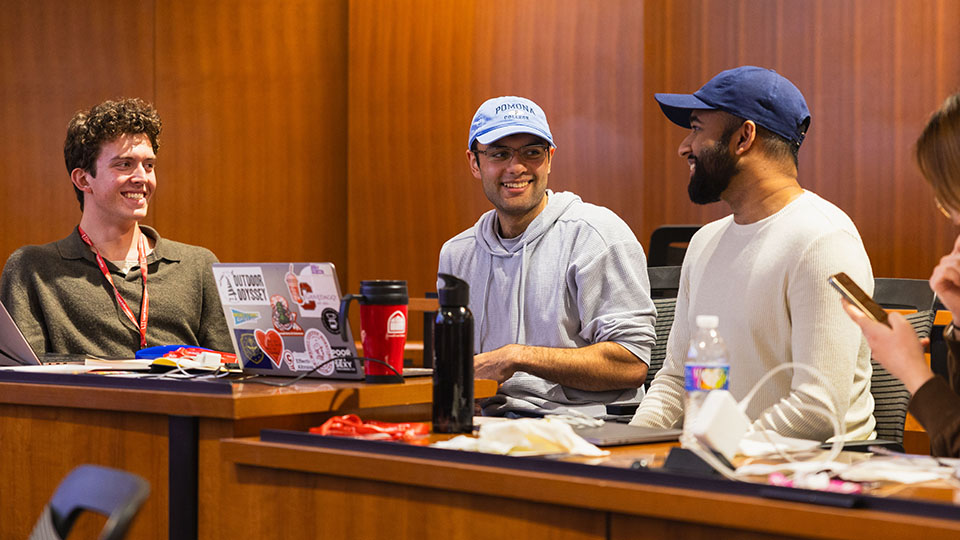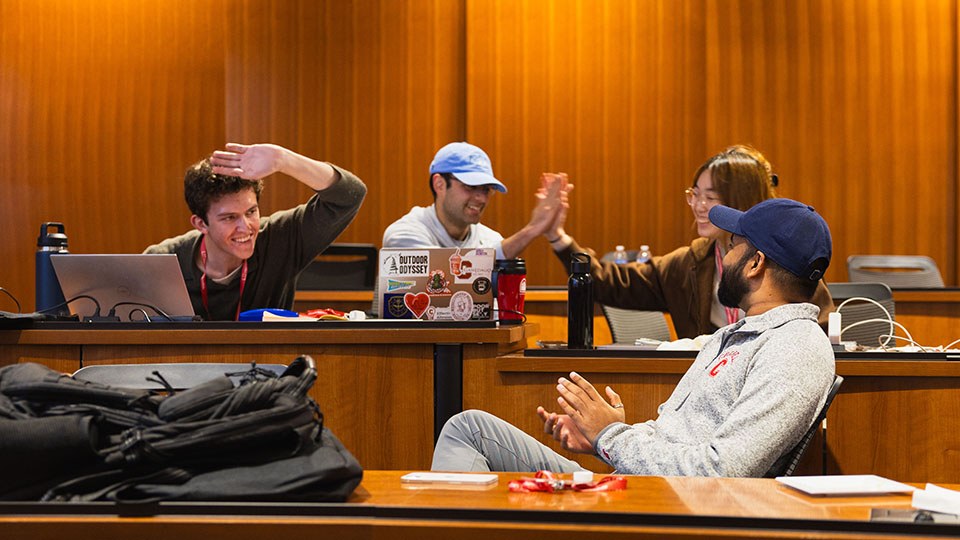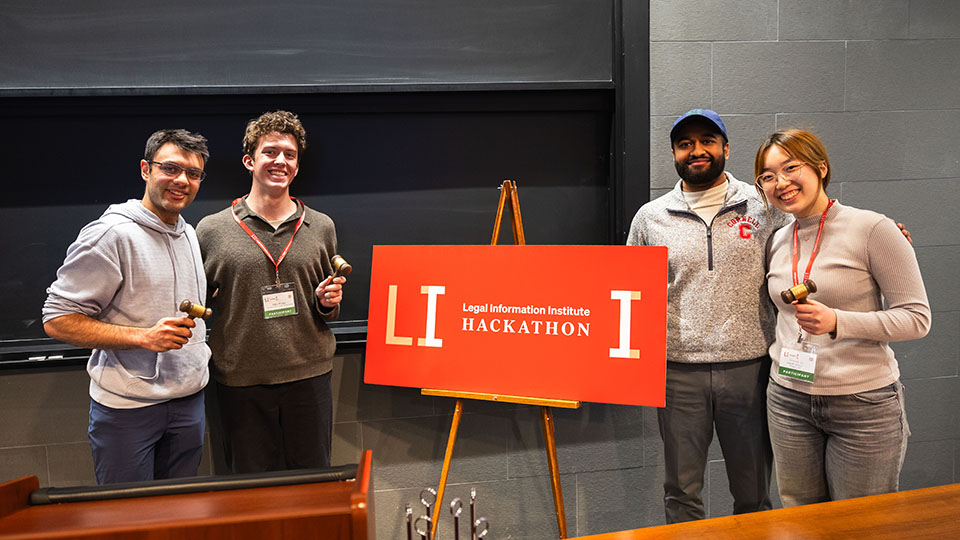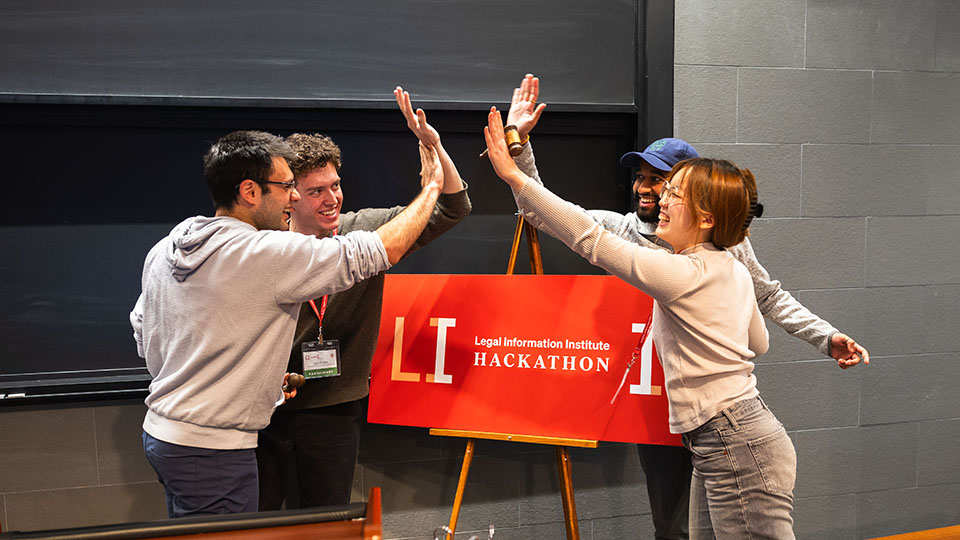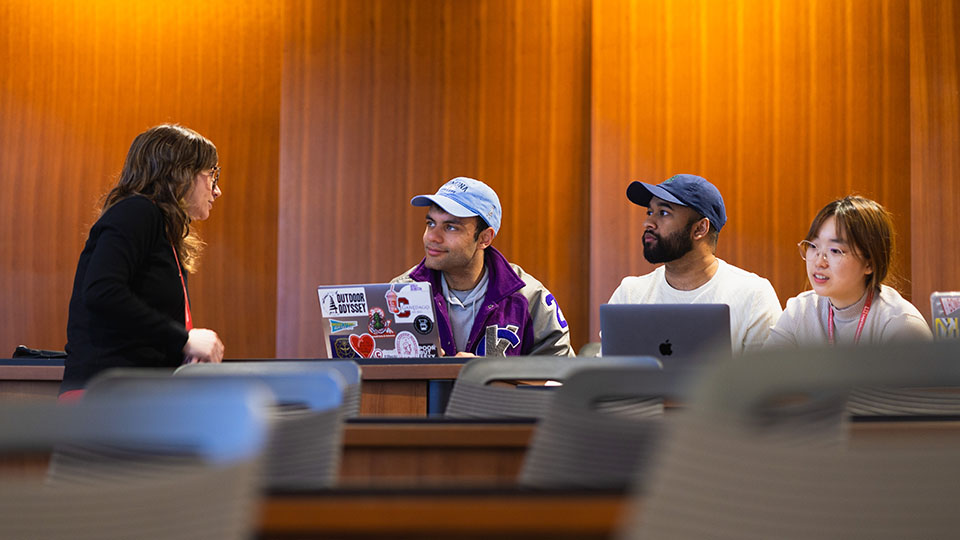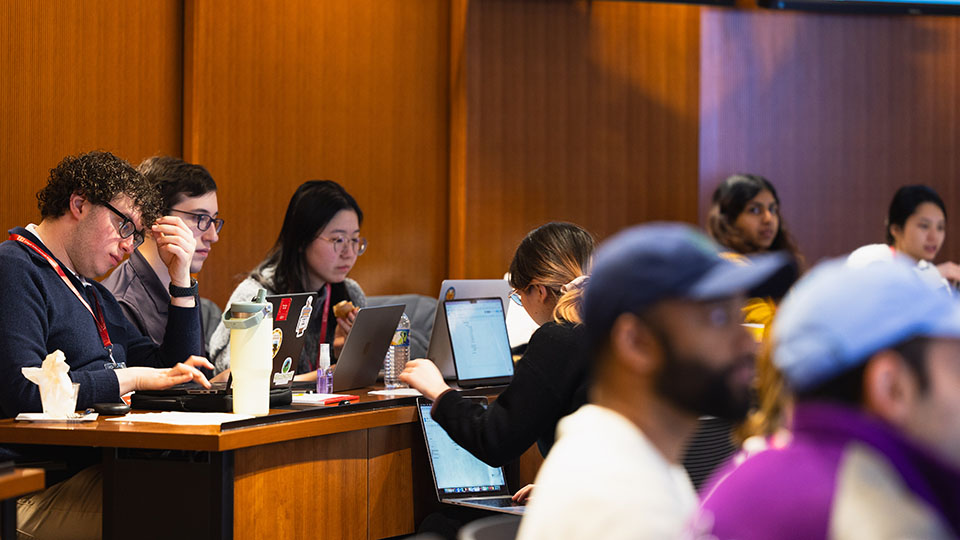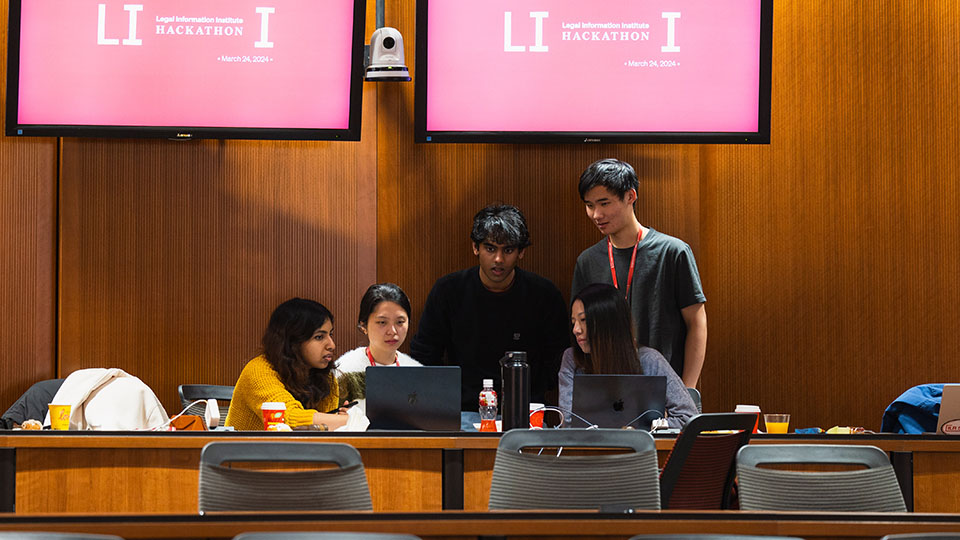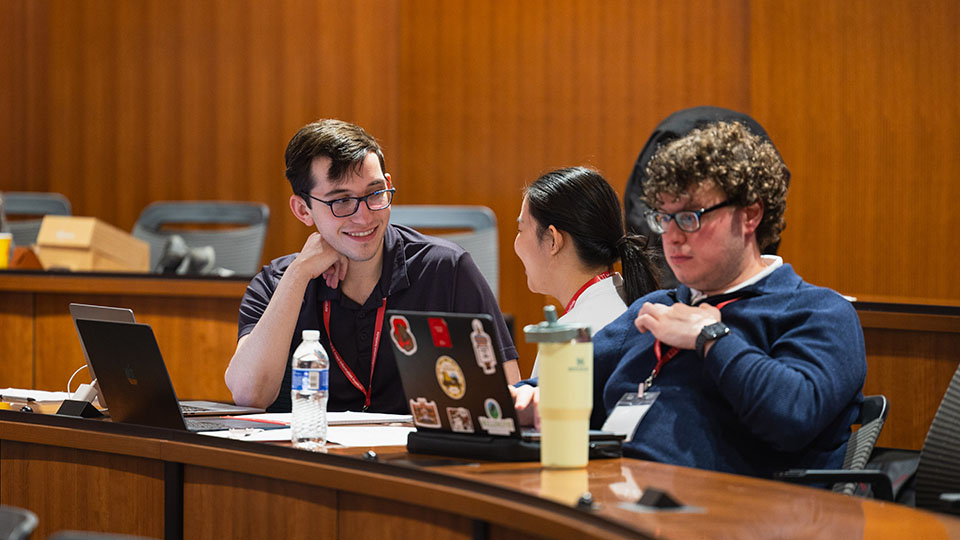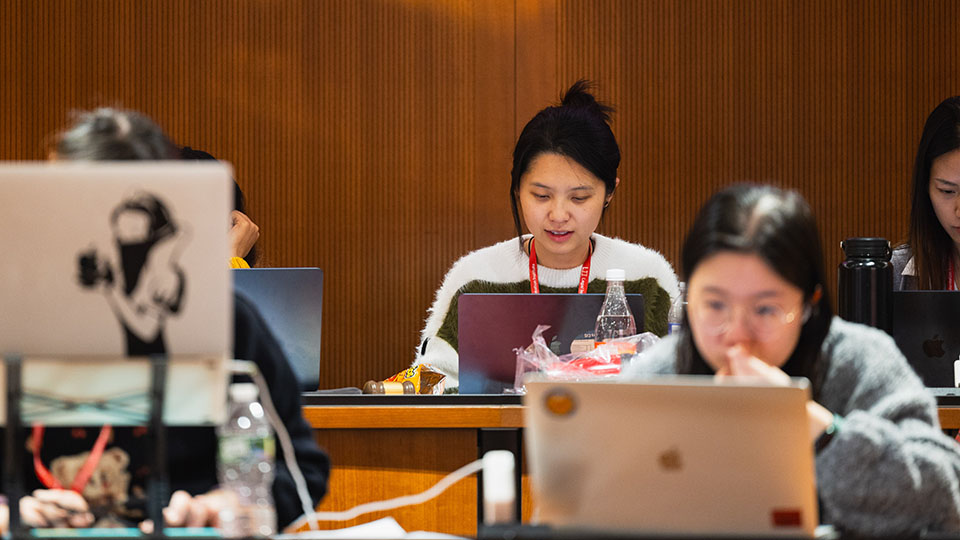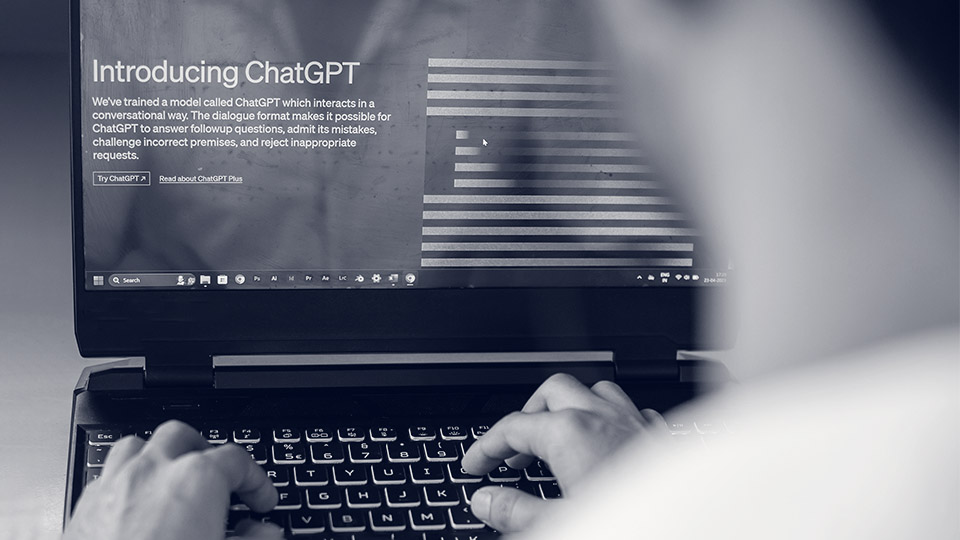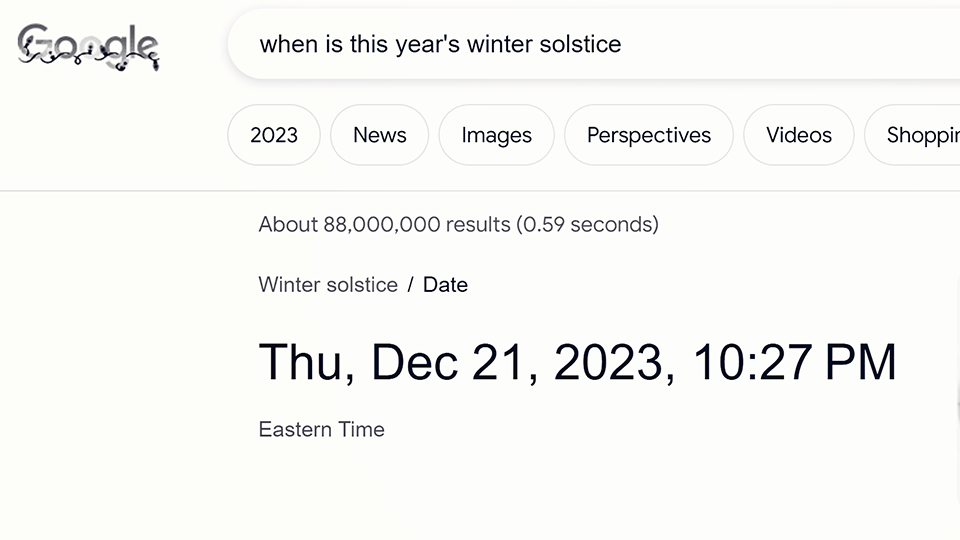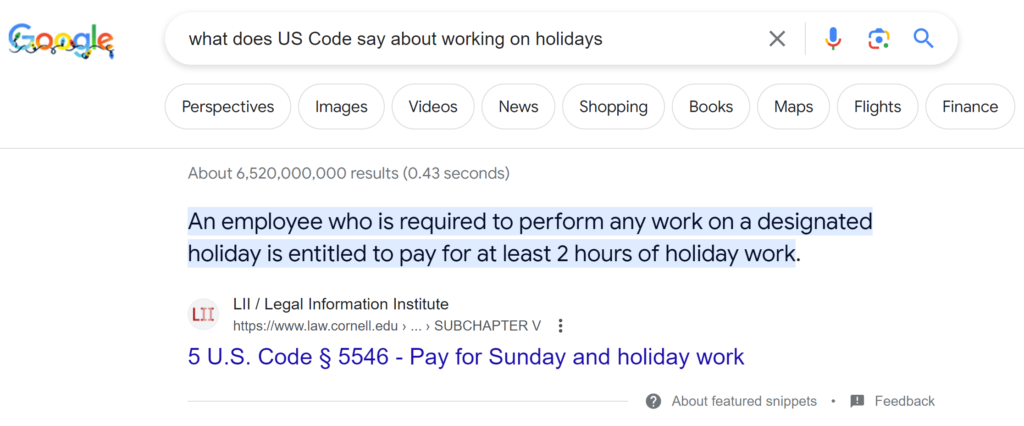Focus on Free Law: Brown.Oyez.Org
[Editor’s Note: We close this newsletter with a recent press release. Cornell University, in partnership with Justia, Inc. co-owns the Oyez Project website on which this project is hosted.]
Hear Thurgood Marshall, Earl Warren and others for the first time in Brown v. Board of Education Revisited
FOR RELEASE: May 15, 2024
Medill’s Knight Lab partners with Spooler.fm to bring landmark 1954 case to life on its 70th anniversary
EVANSTON, Ill. — Seventy years ago, on May 17, 1954, the U.S. Supreme Court declared the end of legally enforced racial segregation in public schools. But since Chief Justice Earl Warren read the unanimous decision in its entirety, Brown v. Board of Education has lived only in memory and in text.
There is no audio recording because the case predates the Court’s recording system. Now, for the first time, “Brown Revisited,” brings to life the oral arguments and opinion in the voices of the original figures who changed American history using voice-cloning technology combined with actor performances and innovative visual design.
Northwestern University professor emeritus Jerry Goldman is the founder of Oyez, a multimedia relational database devoted to the Supreme Court. Inspired by recent advances in AI, Goldman partnered with the Knight Lab and, with Joe Germuska, director of the Knight Lab at the Medill School of Journalism, Media, Integrated Marketing Communications, formed a team of scholars, technologists, designers and journalists to recreate the iconic SCOTUS case in “Brown Revisited,” launching May 15 at brown.oyez.org.
“We hope this fosters a deeper public understanding and appreciation for this pivotal moment in the fight against racial segregation, especially on the 70th anniversary of the Brown decision,” Goldman said. “It was a great opportunity to join forces with the Knight Lab, Spooler and Ukraine-based AI firm Respeecher to bring the transcripts to life in the voices of the actual participants.”
Goldman also tapped design firm Idib Group and interactive audio company, Spooler.
“The Spooler team jumped at the chance to use state-of-the-art voice cloning AI on historically accurate transcripts. The result is a thrilling, ‘deeptrue’ audio record of this iconic moment in U.S. history,” said Spooler CEO James Boggs, an alum of Northwestern’s Weinberg College of Arts and Sciences.
The project began with development of a well-researched and journalistically sound script, which includes transcript excerpts of the most important elements of the more than 18 hours of oral arguments and the SCOTUS decision.
The project team collaborated with leading deep learning AI engineering company, Respeecher, based in Kyiv, Ukraine, to create synthetic voice models of key figures in the case. Human voice actors, including award-winning audiobook narrator Dion Graham, delivered initial character readings. The voice models were then applied to the pre-recorded audio. Finally, the human-voiced, synthetically enhanced output was edited, and mastered in post-production by Spooler. Award-winning Sicilian design firm Idib Group provided innovative user experience web design to deliver the audio.
The project celebrates Brown’s 70th anniversary with this accurate, emotive audio representation created by mixing excellence in journalistic storytelling, innovation in web interface design and advanced media technology.
It is dedicated to the brave plaintiffs and their families who sacrificed so much through the Brown litigation for the benefit of all Americans, Goldman said.
Funding for the project came from a collective of individual contributors, national law firms and other public-spirited organizations.
Experience “Brown Revisited” at brown.oyez.org
About Knight Lab
Northwestern University’s Knight Lab at the Medill School of Journalism, Media, Integrated Marketing Communications brings together a community of designers, developers, students, and educators working on experiments designed to push journalism into new spaces.
About Spooler
Spooler builds and delivers an atlas of the world’s stories. Its publishing platform enables immersive experiences, casual games, and personalized information for users when and where they go. Its technology is always informed and infused with human empathy and creative storytelling. Spooler produced “Brown Revisited,” providing creative services, project management, and engineering.
About Idib Group
Idib Group, a boutique design agency with over 20 years of experience in digital innovation, played a pivotal role in “Brown Revisited.” The agency conducted extensive research to define the optimal user experience, developed user flows, interaction and motion designs, and created the User Interface design and style guide. Additionally, the agency contributed to the photo restoration process.
About Respeecher
Respeecher provided Voice Conversion services for the project. Respeecher uses proprietary deep learning (artificial intelligence) techniques to produce high-quality synthetic speech.



